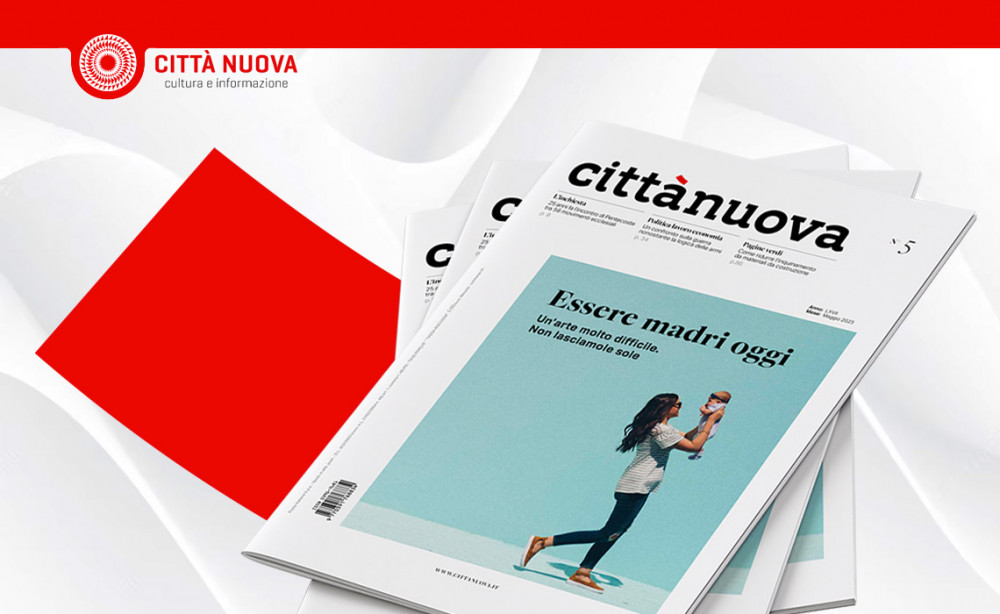Today, we observe a great revival of fortune. The search for happiness is always less linked to virtue.
By Luigino Bruni
Published on: Città Nuova n.12/2010 on 25/06/2010
 One of the most important elements in the birth of Western civilization was the opposition between fortune and virtue. In the world of Greek myths, a tight relationship between happiness and fortune existed: he who had a good (eu) god (daimon) on his side was considered happy. Socrates and the long season of Greek philosophy affirmed, instead, that happiness, human flourishing, depends on virtue and not on fortune. Virtue beats bad luck. This is the basis on which all personal and collective ethics in Europe has been built. And thanks to the great Christian event, Europe has affirmed that good living, happiness, depends on the capacity to cultivate virtue, on our commitment and on our responsibility.
One of the most important elements in the birth of Western civilization was the opposition between fortune and virtue. In the world of Greek myths, a tight relationship between happiness and fortune existed: he who had a good (eu) god (daimon) on his side was considered happy. Socrates and the long season of Greek philosophy affirmed, instead, that happiness, human flourishing, depends on virtue and not on fortune. Virtue beats bad luck. This is the basis on which all personal and collective ethics in Europe has been built. And thanks to the great Christian event, Europe has affirmed that good living, happiness, depends on the capacity to cultivate virtue, on our commitment and on our responsibility.
Today, instead, we witness a great revival of fortune. The search for happiness is always less linked to virtue, and work in particular, and always more linked to fortune, game and luck. Television programs based on promises of easy money, scratch-and-win, sweepstakes, slot machines, lottery, and telepoker abound.
The financial and economic crisis is also an expression of this revival of archaic culture and the separation from the idea of virtues and work. Our Republic was born and founded on work, a thesis that frames centuries of civilizations in which the West and Christianity affirmed that wealth that isn't generated from human work normally does not bring individual and collective happiness. Today, instead, this culture of fortune (that goes together with magic, astrology, other spheres of strong growth and other neo-pagan spheres) promises us, eluding us, that one can gain wealth without working but rather by finding a lucky investment or winning the lottery. There isn't much cultural difference between those who systematically consume scratch-and-win tickets and those who speculate on the stock market. It's the culture of fortune that is taking revenge on the culture of virtue. We'll get out of this crisis by working, better and together, relaunching a season of public virtue, of collective goods and of common projects. If this doesn't happen, we'll continue to wait for someone or something else to save us, and we'll further push back the time of individual and collective responsibility.







